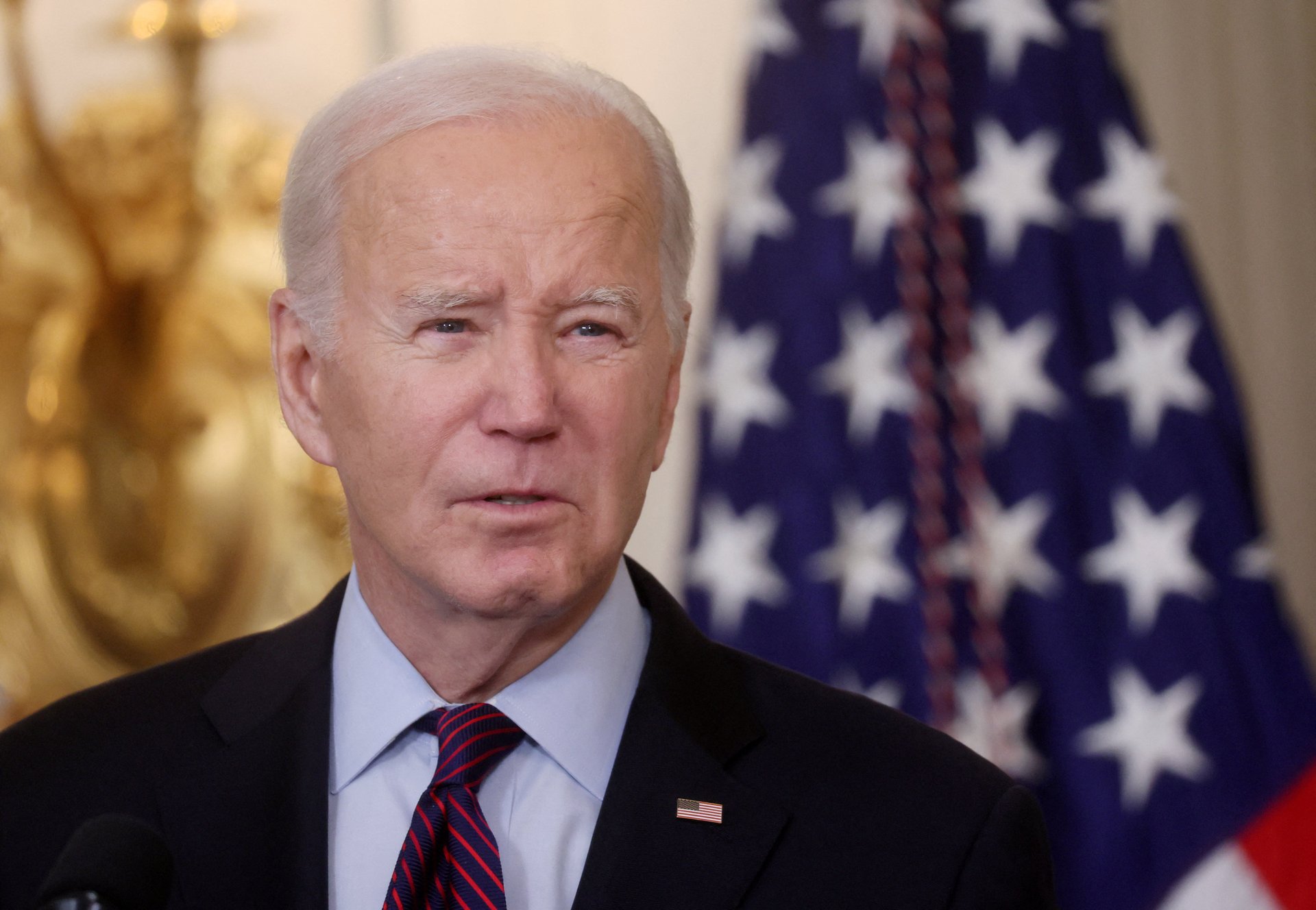President Biden and SEC Chair oppose major crypto bill hours before voting
The bill will see a vote in the House in the afternoon, but President Biden isn’t threatening to veto it

Hours before the U.S. House of Representatives is set to vote on a crypto bill, president Biden released a statement saying that he is against the legislation, but he isn’t threatening to veto it.
Suggested Reading
The White House expressed opposition to the bill, ‘The Financial Innovation and Technology for the 21st Century Act (FIT21),’ on Wednesday afternoon, due to concerns over inadequate investor protections.
Related Content
The bill, ‘The Financial Innovation and Technology for the 21st Century Act (FIT21), would effectively classify cryptocurrency as a commodity, not a security, and therefore make it exempt from securities regulations.
“The Administration is eager to work with Congress to ensure a comprehensive and balanced regulatory framework for digital assets, building on existing authorities, which will promote the responsible development of digital assets and payment innovation and help reinforce United States leadership in the global financial system,” the White House statement said. “H.R. 4763 in its current form lacks sufficient protections for consumers and investors who engage in certain digital asset transactions.”
The statement comes a few hours after the U.S. Securities and Exchange Commission Chair Gary Gensler publicly expressed his opposition to the bill.
Gensler stated, “FIT21 would create new regulatory gaps and undermine decades of precedent regarding the oversight of investment contracts, putting investors and capital markets at immeasurable risk.” He reiterated his stance on cryptocurrency as securities, expressing concern that the bill would exclude blockchain-recorded investment contracts from the statutory definition of securities and, hence, the protections of the federal securities laws.
“Further, by removing this set of investment contracts from the statutory list of securities, the bill implies what courts have repeatedly ruled — but what crypto market participants have attempted to deny — that many crypto assets are being offered and sold as securities under existing law,” the chair added.
The bill would allow companies to self-certify that they are issuing digital commodities and also give the SEC 60 days to determine if those assets fit the bill’s definition of digital commodities.
“There are more than 16,000 crypto assets that currently exist. Given limits on staff resources, and no new resources provided by the bill, it is implausible that the SEC could review and challenge more than a fraction of those assets,” he said.
FIT21 was introduced last summer to determine whether a cryptocurrency should be classified as a commodity or a security and assign oversight accordingly between the Commodity Futures Trading Commission (CFTC) and the Securities and Exchange Commission (SEC).
Per Forbes, the Republican candidate and former U.S. President Donald Trump and his advisors also support the crypto market structure bill. Trump, who used to criticize crypto as a scam against the U.S. dollar, is now promoting himself as crypto’s candidate. Yesterday, he announced that he would start accepting campaign donations in crypto.
The crypto industry has been eagerly awaiting regulatory actions from the U.S. authorities and advocating for changes in laws to prevent crypto from being categorized as a security.
The SEC Chair, however, has referred to crypto as a security from time to time and claims it falls under his jurisdiction. Gensler, who once taught a course on blockchain and cryptocurrencies at the Massachusetts Institute of Technology, is known for his strict approach to regulating crypto. He’s called the cryptocurrency market a Wild West, emphasizing its need for regulation.
